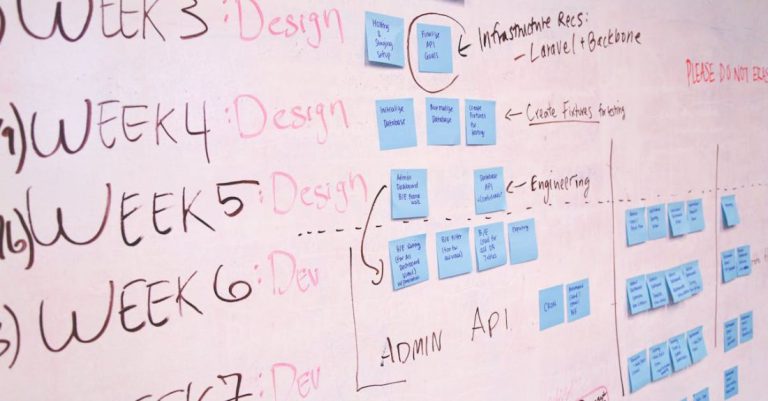
Developing a plan is an essential step in achieving your goals, whether in your personal life or in business endeavors. However, creating a plan is only half the battle; evaluating its success is equally crucial to ensure that you are on the right track and making progress towards your objectives. In this article, we will explore various ways to assess the effectiveness of your plan and determine whether it is helping you reach your desired outcomes.
Evaluate Your Progress Regularly
Regularly monitoring and evaluating your progress is key to determining the success of your plan. Set specific milestones or checkpoints along the way to track your progress and assess whether you are moving in the right direction. By regularly reviewing your plan and comparing your actual results to your initial projections, you can identify any areas where you may be falling short or excelling.
Assess Key Performance Indicators (KPIs)
Key Performance Indicators (KPIs) are measurable values that demonstrate how effectively a plan is achieving its objectives. When evaluating the success of your plan, it is essential to identify the KPIs that are most relevant to your goals. These could include metrics such as sales figures, customer satisfaction ratings, project completion rates, or any other quantitative data that aligns with your desired outcomes. By tracking these KPIs regularly, you can quickly identify any deviations from your expected results and take corrective action as needed.
Seek Feedback and Input
Another valuable way to evaluate the success of your plan is to seek feedback and input from others involved in its implementation. Whether it is your team members, stakeholders, or customers, gathering feedback from those directly impacted by the plan can provide valuable insights into its effectiveness. Listen to their perspectives, concerns, and suggestions, and use this feedback to make any necessary adjustments to your plan to ensure its success.
Adapt and Pivot When Necessary
One of the key indicators of a successful plan is its ability to adapt and pivot in response to changing circumstances. While it is essential to have a well-thought-out plan in place, it is equally important to be flexible and willing to make adjustments as needed. If you encounter unforeseen challenges or if external factors shift, be prepared to modify your plan accordingly to stay on course towards your goals.
Celebrate Achievements
Celebrating achievements, no matter how small, is a vital part of evaluating the success of your plan. Recognizing and acknowledging the progress you have made can help boost morale, motivate your team, and reinforce a positive momentum towards achieving your goals. Take the time to celebrate milestones, accomplishments, and successes along the way to keep everyone engaged and focused on the ultimate objective.
Reflect on Lessons Learned
As you evaluate the success of your plan, take the time to reflect on the lessons learned throughout the process. Identify what worked well, what could have been improved, and what you would do differently next time. By reflecting on your experiences and insights gained, you can apply these lessons to future planning endeavors and increase your chances of success in the long run.
Incorporate Continuous Improvement
Continuous improvement is a fundamental principle in evaluating the success of your plan. Use the insights gained from your evaluation to make ongoing refinements and enhancements to your strategy. By continuously seeking ways to optimize your plan and processes, you can ensure that you are always moving towards greater success and achieving your goals more effectively.
Embrace a Growth Mindset
Lastly, when evaluating the success of your plan, it is essential to embrace a growth mindset. Instead of viewing setbacks or challenges as failures, see them as opportunities for growth and learning. Maintain a positive attitude, stay resilient in the face of adversity, and remain open to new possibilities and ways of achieving your goals. By adopting a growth mindset, you can turn any setbacks into stepping stones towards greater success and fulfillment.
In conclusion, evaluating the success of your plan is a critical step in achieving your goals and ensuring that your efforts are yielding the desired results. By regularly monitoring your progress, assessing key performance indicators, seeking feedback, adapting when necessary, celebrating achievements, reflecting on lessons learned, incorporating continuous improvement, and embracing a growth mindset, you can effectively evaluate the success of your plan and make informed decisions to propel you towards success. Remember, a well-executed plan is not static but dynamic, adaptable, and focused on continuous improvement to achieve optimal results.





